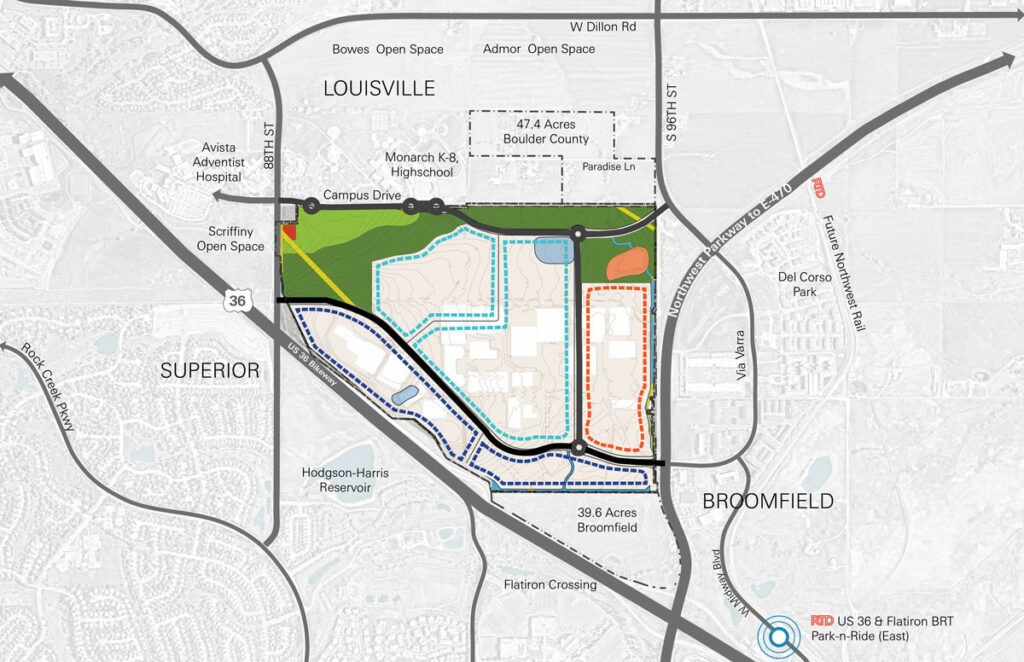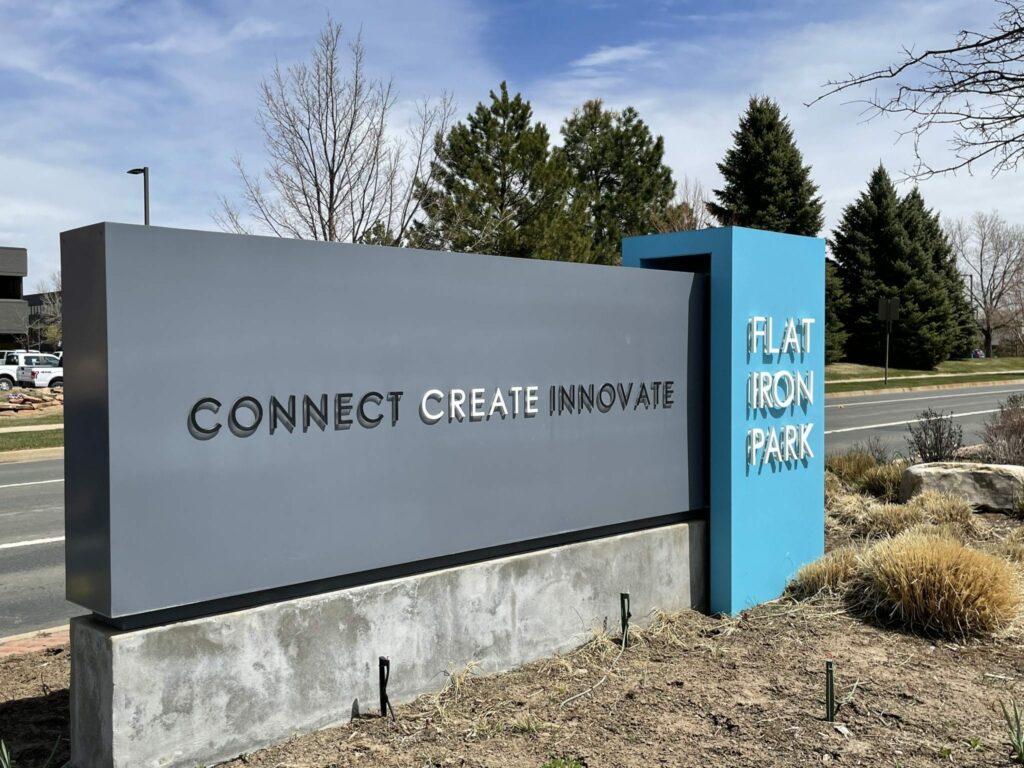Avista Adventist: Centura split not expected to impact plans for new Louisville hospital
LOUISVILLE — The breakup of the Centura Health network of hospitals is not expected to alter Avista Adventist Hospital’s plans to build a new health care center in Louisville’s yet-to-be-approved Redtail Ridge development.
“There’s no material impact on Avista’s plans at Redtail Ridge with this week’s announcement,” Avista CEO Isaac Sendros told BizWest on Thursday. “Adventist Health is the parent company and owns the assets of Avista, and its commitment is to continue with the future location of the Avista Adventist Hospital on the Redtail Ridge property.”
This week, CommonSpirit Health and AdventHealth, two religiously affiliated health care systems that combined in 1996 to form Centura Health, announced that they are dissolving their Centura partnership, a network that included 19 hospitals in Colorado and western Kansas.
Chicago-based CommonSpirit Health, the nation’s largest Catholic health system, owns Longmont United Hospital, while Advent Health, based in Altamonte Springs, Florida, owns Avista Adventist Hospital in Louisville.
About a year ago, BizWest first reported on Avista’s intent to relocate from its roughly 30-year-old campus at 100 Health Park Drive in Louisville to a new operation expected to be built at Redtail Ridge, a proposed 2.6 million-square-foot development with a focus on biotechnology facilities on the roughly 400-acre, long-vacant, former Phillips 66 (NYSE: PSX) site off U.S. Highway 36.
The project, which has been in the planning stages for more than three years, has proved controversial with Louisville officials and residents. Denver-based developer Brue Baukol Capital Partners LLC and partner Sterling Bay LLC have yet to receive the necessary approvals to break ground.
Brue Baukol, which paid $34.93 million for the site, initially sought to turn the parcel into a 5.22 million-square-foot live-work development anchored by a new corporate campus for medical-device maker Medtronic Inc. and a roughly 1,500-home senior-living community operated by Erickson Living LLC. Additional planned components included offices, retail space and apartments.
Medtronic skipped town for a nearby site in Lafayette, and locals spoke out against the housing portion of the project, arguing that thousands of new residents would strain city resources and exacerbate traffic congestion.
Brue Baukol went back to the drawing board and brought forth a scaled-back plan, which was eventually approved last year by the Louisville City Council, which applied a dozen conditions to its approval to further limit the scope of the project.
After Redtail Ridge’s plans were approved last year, Avista Adventist Hospital confirmed that it is under contract to purchase land in the Redtail Ridge development for a new hospital.
Almost immediately upon the city’s approval of Redtail Ridge, opponents of the project cried foul and set about gathering the signatures required to send the matter to a special election, which opponents of Redtail Ridge won.
In the months since, updated plans have bounced around governing bodies, which have yet to give Redtail’s developers the go-ahead to break ground.
Sendros didn’t comment Thursday on the city’s processes, beyond saying: “Our plans are dependent on approvals for Sterling Bay for the overall development.” Avista’s “commitment continues to be staying within this community — that’s our focus,” he said.
Avista officials have generally supported Redtail Ridge, an area the company views as more accessible and better suited for expansion than the hospital’s current home.
“The desire and need to increase our access for the communities that we serve continues to be a priority for Advent Health and Avista,” Sendros said.
Avista has long complained about poor access to the current location; the site is accessed only by Health Park Drive, which dead-ends at the hospital. Over the years, the hospital has been unsuccessful in securing a new interchange off of U.S. Highway 36. Poor access adds to the time required to reach the facility, making it difficult to attract new patients.
Emergency-room visits lag those of neighboring hospitals, for example. A Colorado Hospital Utilization Report prepared by the Colorado Hospital Association shows that Avista — a Level III trauma center — recorded just 8,600 emergency-room visits in 2020, less than a third the number recorded at SCL Health’s Good Samaritan Medical Center in Lafayette, at 28,257, and Boulder Community Health, at 30,022. Boulder Community and Good Samaritan are Level II trauma centers.
Source: BizWest



